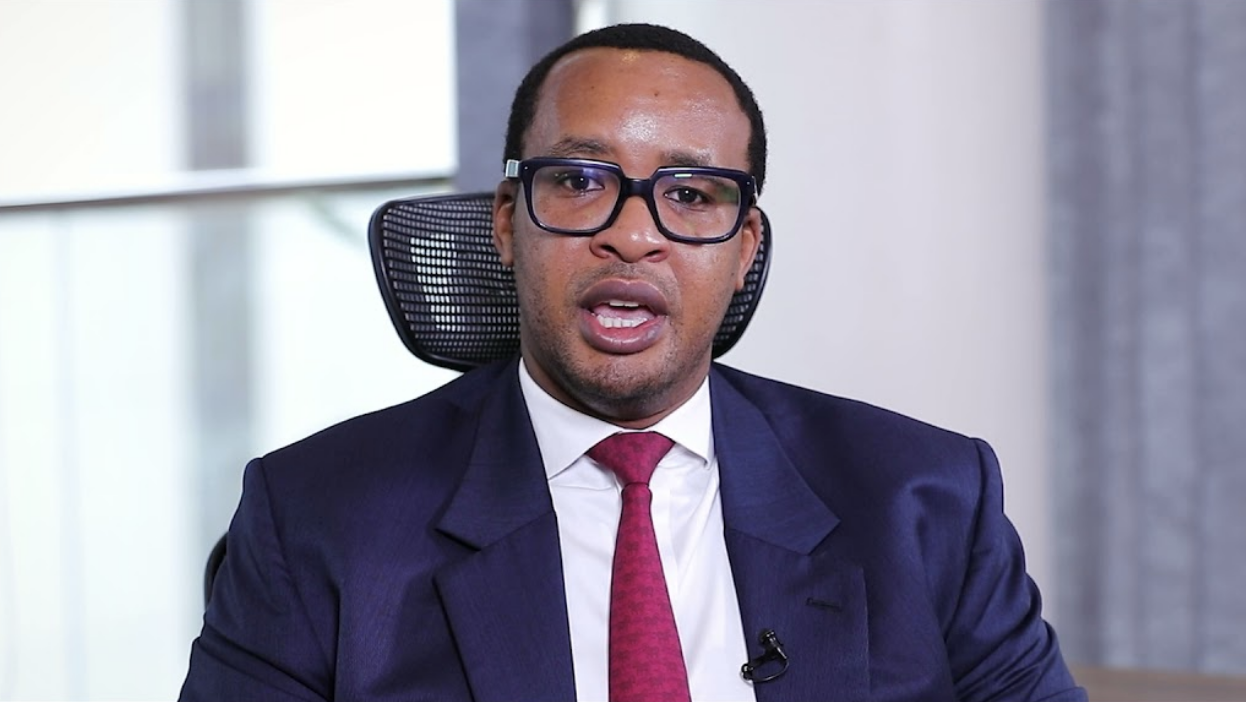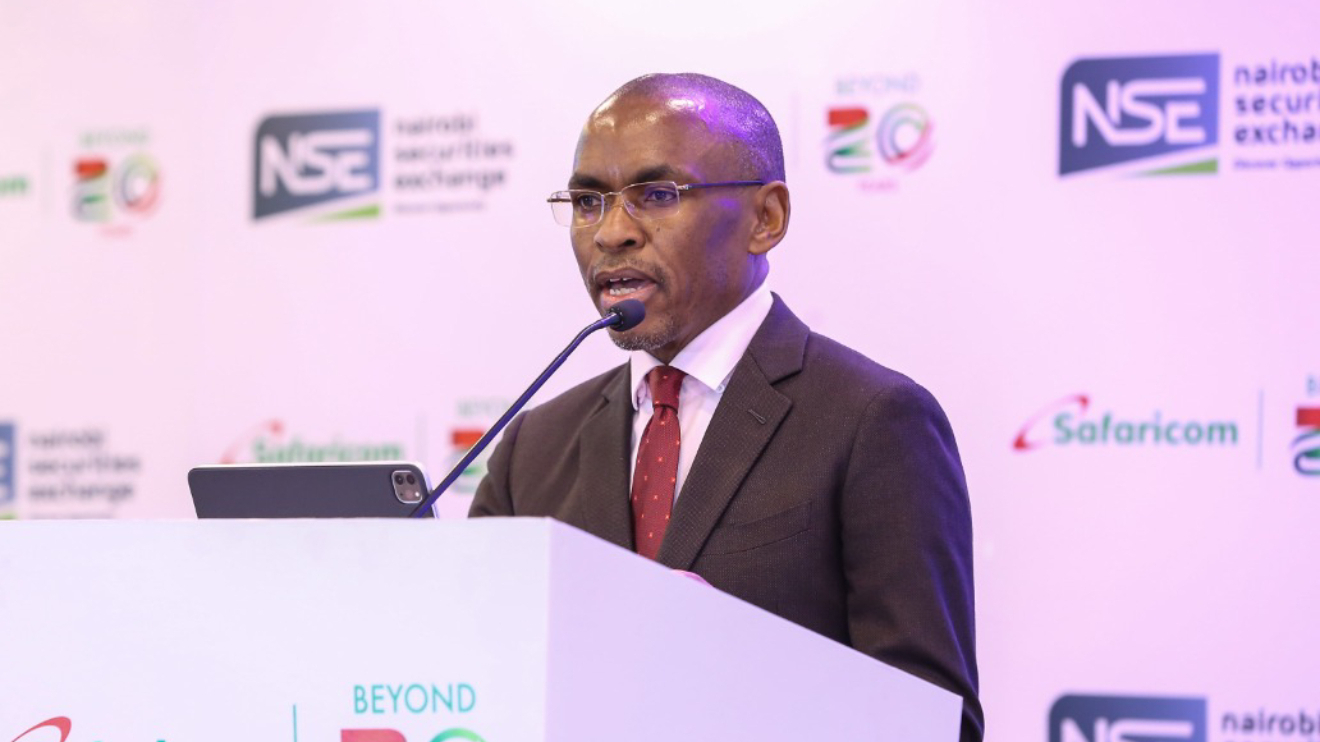Even as geopolitical and trade tensions persist, Kenya’s business leaders are looking ahead with optimism, forecasting a rebound in the global economy.
PwC’s 2025 CEO Survey, unveiled in Nairobi, shows that 60 per cent of Kenyan CEOs anticipate improved global growth in the coming year, though confidence in the local economy remains more tempered at 48 per cent.
Despite this optimism, corporate leaders are keeping a close watch on major risks that could disrupt their operations.
Inflation is their top concern, cited by 35 per cent, followed by macroeconomic volatility at 28 per cent.
Geopolitical conflicts and cyber threats, each flagged by 25 per cent of respondents, also loom large over business strategies.
Read More
AI poised to redefine business operations
Artificial intelligence is rapidly becoming a key pillar of business strategy, with many Kenyan CEOs embracing its transformative potential.
Half of them trust AI-driven processes and expect their integration into their technology platforms, business workflows, and even workforce skillsets within the next three years.
From automating repetitive tasks to refining decision-making and enhancing customer experiences, AI is reshaping the corporate landscape.
Reinvention drives business longevity
Kenyan CEOs are not waiting for market conditions to dictate their future; they are actively reshaping their businesses.
Nearly half (48 per cent) are diversifying their product lines, while 43 per cent are reaching out to new customer bases and exploring alternative market channels.
Over the past five years, more than half (53 per cent) of surveyed CEOs revealed that their companies have ventured into sectors where they previously had no footprint—highlighting a shift towards economic diversification.
Sustainability takes centre stage—but hurdles remain
Green investments are proving to be more than just a corporate responsibility; they are yielding tangible business benefits.
Over the past five years, 26 per cent of CEOs reported cost savings from climate-friendly investments, while 42 per cent have seen revenue growth.
From renewable energy adoption to energy-efficient technologies and sustainable supply chains, companies are increasingly aligning their strategies with environmental goals.
However, not all executives are on board. Half of the surveyed CEOs admitted to making no climate-conscious investments, citing regulatory complexity (33 per cent), limited stakeholder demand (23 per cent), and financial constraints (23 per cent) as key barriers.
Nonetheless, sustainability metrics are becoming more embedded in corporate performance, with 55 per cent of CEOs linking a portion of their personal incentive compensation to environmental goals such as carbon reduction and resource efficiency.
The call for climate resilience
Commenting on the findings, Peter Ngahu, Regional Senior Partner at PwC Eastern Africa, underscored the urgency of business reinvention and climate action.
“Reinvention as a strategic imperative remains the main theme of this year’s report, as Kenyan CEOs remain focused on innovation and adapting to evolving market conditions," Ngahu stated.
"The region is also facing some serious environmental challenges brought on by climate change and thus, impacting agriculture, food security and hence livelihoods."
According to Ngahu, addressing these challenges requires coordinated efforts in climate adaptation and mitigation strategies to build resilience in the region.
The report paints a picture of a corporate sector that is both hopeful and pragmatic—embracing innovation and sustainability while bracing for economic and geopolitical uncertainties.

-1743018651.jpeg)

-1757243598.jpg)





-1757244564.jpg)
